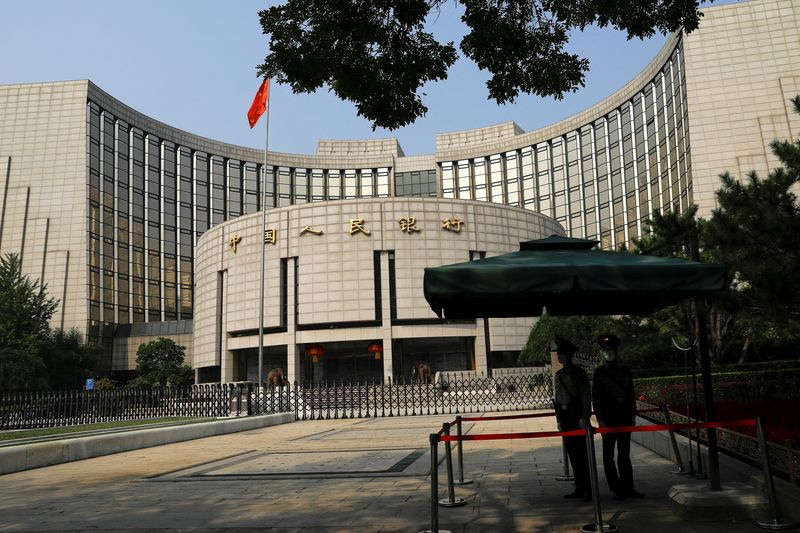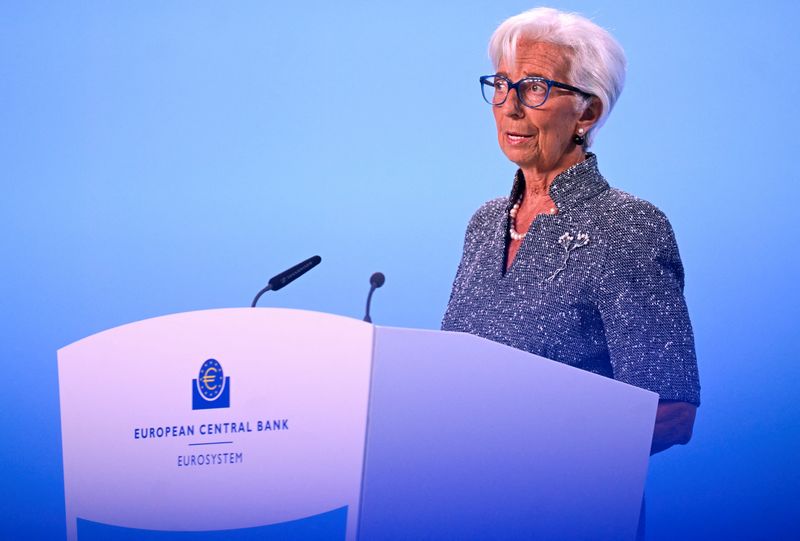
Tuesday’s release of New Zealand’s consumer price index (CPI) data for the fourth quarter of 2024 showed that underlying inflation continues to soften, aligning with expectations and potentially setting the stage for a rate cut by the Reserve Bank of New Zealand (RBNZ).
The reported 0.5% quarter-on-quarter increase in consumer prices matched the forecasts of Capital Economics and the wider analyst consensus, although it was slightly above the RBNZ’s own prediction of a 0.4% rise. Consequently, headline inflation remained steady at 2.2%, defying the RBNZ’s anticipation of a minor decline.
The modest uptick in inflation, relative to the RBNZ’s projections, was attributed entirely to the volatile tradables component, which saw prices increase by 0.3% quarter-on-quarter in Q4, surpassing the RBNZ’s expectation of a 0.2% decrease, analysts at Capital Economics pointed out.
In contrast, non-tradable items exhibited their weakest quarter-on-quarter growth in four years at 0.7%, precisely matching the central bank’s forecast.
More indicative of the easing inflationary pressures, core inflation metrics continued their downward trend. The trimmed mean inflation decreased from 2.7% in Q3 to 2.5% in Q4, and the weighted median inflation similarly dropped from 2.8% to 2.6%. The quarter-on-quarter figures also reflected this softening, with the trimmed mean CPI rising by 0.4% and the weighted median CPI by just 0.3%. This ongoing weakness suggests that underlying inflation could soon fall below the midpoint of the RBNZ’s target range of 1-3%.
The latest inflation figures are in line with other economic data and surveys, which indicate that there is still considerable spare capacity in New Zealand’s economy.
Capital Economics maintains that these conditions justify a substantial rate cut, predicting that the RBNZ will reduce rates by 50 basis points in its upcoming February meeting.
Furthermore, if inflation continues to fall short of the bank’s expectations, Capital Economics believes there is a compelling argument for the RBNZ to implement aggressive policy easing. They stand by their projection that the RBNZ will ultimately lower rates to 2.25%, significantly below the 3.00% terminal rate forecasted by the consensus of analysts.
This article was generated with the support of AI and reviewed by an editor. For more information see our T&C.












